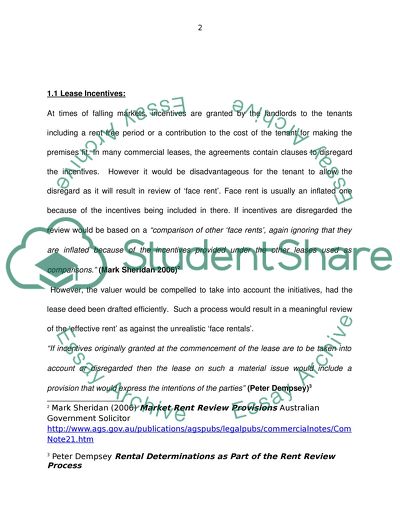Cite this document
(“Advanced Valuation Essay Example | Topics and Well Written Essays - 1250 words”, n.d.)
Retrieved from https://studentshare.org/miscellaneous/1509168-advanced-valuation
Retrieved from https://studentshare.org/miscellaneous/1509168-advanced-valuation
(Advanced Valuation Essay Example | Topics and Well Written Essays - 1250 Words)
https://studentshare.org/miscellaneous/1509168-advanced-valuation.
https://studentshare.org/miscellaneous/1509168-advanced-valuation.
“Advanced Valuation Essay Example | Topics and Well Written Essays - 1250 Words”, n.d. https://studentshare.org/miscellaneous/1509168-advanced-valuation.


